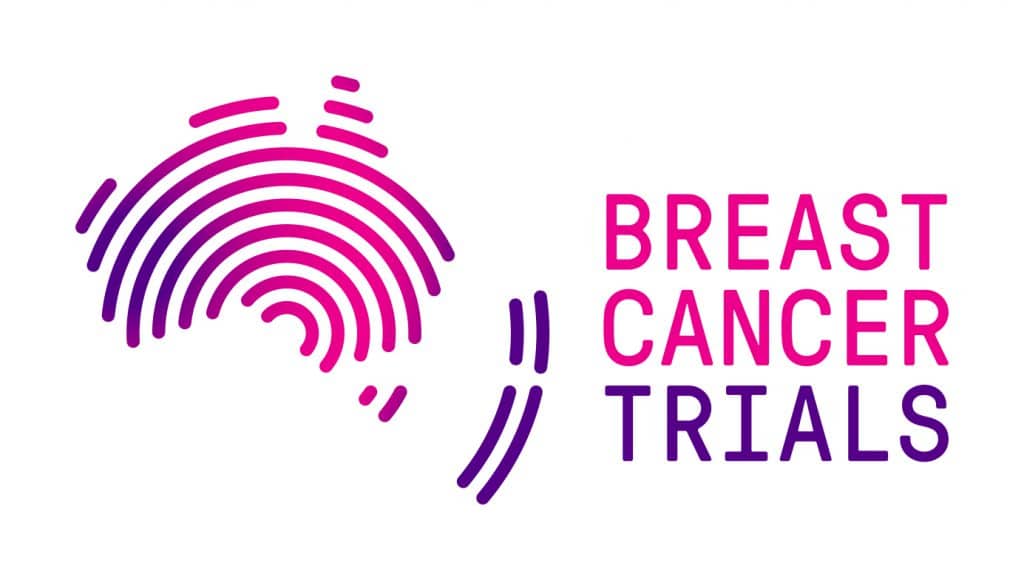Study Shows Lapatinib Has No Added Benefit to the Existing Treatment of HER2-Positive Breast Cancer in the Adjuvant Setting
An international clinical trial has shown that the addition of the drug lapatinib provides no added benefit to the existing standard treatment of women with early stage HER2-positive breast cancer in the adjuvant setting.
The results of the ALTTO clinical trial (Adjuvant Lapatinib and/or Trastuzumab Treatment Optimisation study), were announced at the annual meeting of the American Society for Clinical Oncology (ASCO) in Chicago, USA.
The study was coordinated in Australia and New Zealand by the Australia and New Zealand Breast Cancer Trials Group (ANZBCTG). More than 8,283 women participated in the trial internationally and the ANZBCTG enrolled 223 women from Australia and New Zealand.
The aim of the ALTTO clinical trial was to improve our knowledge of optimal HER2 therapy in women with HER2-positive breast cancer, by comparing treatment with trastuzumab alone to lapatinib alone, or a combination of these drugs, in preventing cancer from returning in patients with HER2-positive breast cancer.
Many breast cancer cells have growth receptor molecules on their surface. Growth receptors are similar to antennae which protrude from the cell and allow specific molecules to attach to the cell and influence the cell’s growth. One particular type of growth receptor is known as HER2. Patients with this type of breast cancer have a greater risk of the cancer returning after their initial treatment.
HER2 positive breast cancer affects approximately 15% of women who are diagnosed with breast cancer. The current standard treatment for HER2-positive breast cancer is the drug trastuzumab which is given in combination with other adjuvant treatments.
Lapatinib is a new HER2 blocking drug which has been shown to slow or stop growth of HER2-positive breast cancer which has spread to other parts of the body (advanced breast cancer). Lapatinib has also been effective when trastuzumab has not worked and in treating breast cancer that has spread to the brain.
Professor Fran Boyle AM is the Chair of the ANZBCTG, the ALTTO ANZBCTG Study Chair and ALTTO Asia Pacific Study Chair.
“As a result of clinical trials research, the outcomes of women diagnosed with HER2-positive breast cancer have improved substantially over the last decade. The introduction of trastuzumab (or herceptin) in Australia in 2006, has made a significant difference to the outcomes of women with this type of breast cancer. The ALTTO clinical trial has shown that lapatinib alone or in combination with trastuzumab, doesn’t improve upon the current treatment available. Further analysis of tissue samples from patients in the trial will lead to better predictors for personalising therapy,” Professor Boyle said.
“I would like to thank the clinical researchers at all institutions involved in the ALTTO clinical trial and the women who have participated in this research throughout Australia and New Zealand. Through their participation in clinical trials, we are able to prove or disprove important research questions, to build on scientific knowledge and to improve treatments available to women.”
The ANZBCTG is Australia’s national organisation dedicated entirely to breast cancer research. It conducts a national clinical trials research program for the treatment, prevention and cure of breast cancer. The research program involves multicentre clinical trials and collaboration with 84 institutions and over 700 researchers throughout Australia and New Zealand and many more globally. More than 14,000 women have participated in ANZBCTG breast cancer clinical trials. The fundraising department of the ANZBCTG is the Breast Cancer Institute of Australia (BCIA).
Media contact:
Anna Fitzgerald,
ANZBCTG Communications Manager
Phone: 02 4925 5255 or 0400 304 224
Support Us
Help us to change lives through breast cancer clinical trials research

